Anthony Albanese and Peter Dutton won’t follow Donald Trump’s tough trade talk on China
Anthony Albanese and Peter Dutton are promising big business they will rebuff any push for nations to take a tougher economic approach to Beijing.
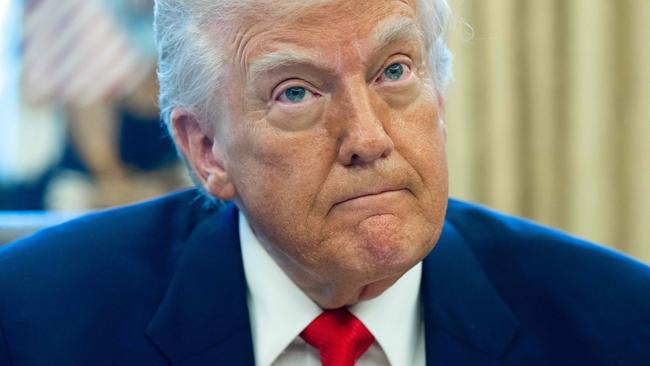
Anthony Albanese and Peter Dutton are promising big business they will rebuff any push by Donald Trump for nations to take a tougher economic approach to Beijing, as the latest salvo in the White House’s trade war was expected to halve China’s GDP and push it into dumping goods that cannot be sold into America.
The US President on Thursday (AEST) announced a 90-day pause on his sweeping tariffs, giving at least 75 countries a 10 per cent baseline but hitting China with even higher levies after Beijing hit the US with a retaliatory levy of 84 per cent.
As the President tried to shake off suggestions his global round of tariffs against the US’s allies had backfired and said the nation “had to take the medicine” of his radical rewriting of international trade, Mr Trump said he was sure Chinese President Xi Jinping would do a deal with him to stop the trade war continuing.
“President Xi is one of the smartest people in the world and I don’t think he will allow (escalation) to happen,” Mr Trump said in the Oval Office.
“We are very powerful. We have weaponry … but I think President Xi is a man who knows exactly what has to be done. I think he’s going to want to do a deal. There will be a telephone call and we’ll be off to the races.”
China’s leadership was reportedly gathering late on Thursday for a meeting to discuss economic stimulus measures in response to a tariff hit that analysts have estimated could slow the country’s GDP growth rate by as much as 2.5 per cent.
But Mr Xi showed no sign of backing down, with Chinese government mouthpieces on Thursday quoting Mao Zedong as they declared China would “never yield”.
“We are Chinese. We are not afraid of provocations. We don’t back down,” Chinese Foreign Ministry spokesperson Mao Ning said in a post on X.
That post included a link to a video of a fiery speech given by Chairman Mao after he sent the People’s Liberation Army to fight America in Korea in the 1950s.
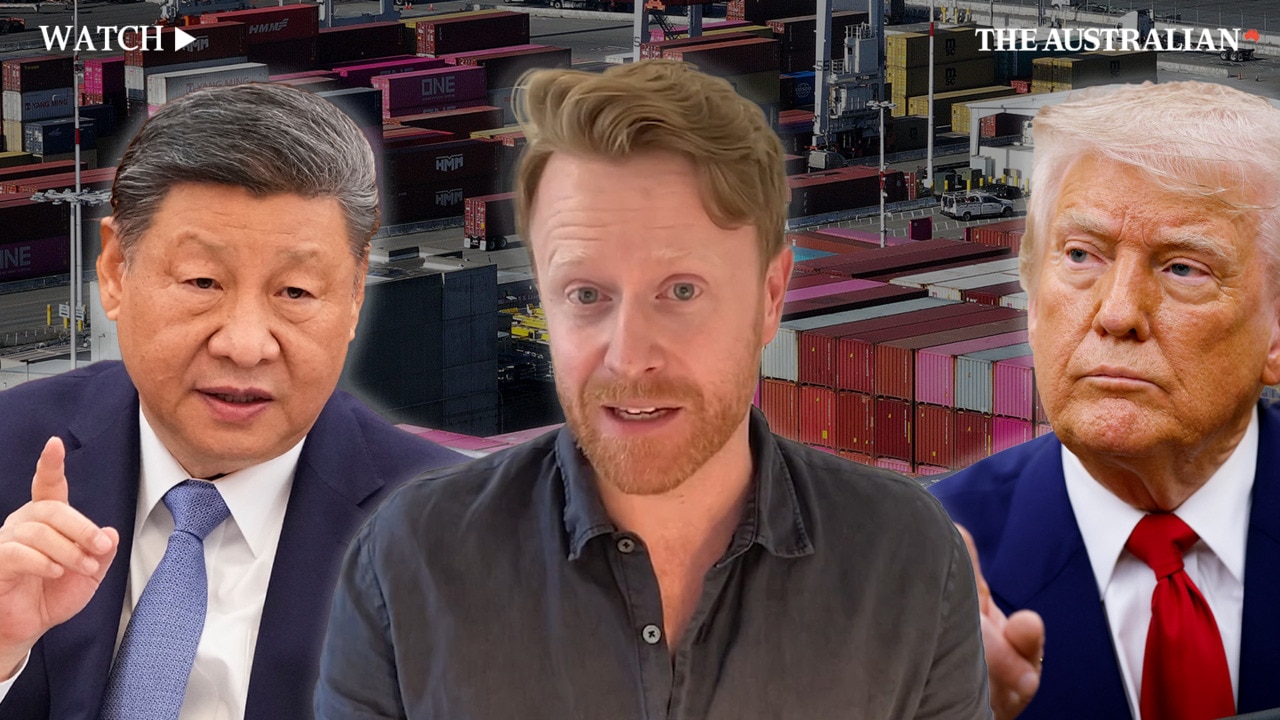
Reserve Bank governor Michele Bullock on Thursday night moved to try and calm Australians, saying the nation was ready to absorb global shocks and it would take time to work out the consequences of the Trump-induced markets turmoil.
“It will take some time to see how all of this plays out, and the added unpredictability means we need to be patient as we work through how all of this could affect demand and supply globally,” Ms Bullock told a Chief Executive Women dinner in Melbourne.
“We are carefully considering several factors including the response of our trading partners, additional counter-responses from the US, the response of our exchange rate, and adjustments in other financial markets.”
New analysis from investment bank Barclays showed that without a bigger fiscal stimulus, China’s GDP growth would more than halve to just 2 per cent because of the tariffs and slow the growth of its trading partners.
Despite the Australian Stock Exchange soaring on Thursday with the ASX 200 index rising as much as 6.3 per cent amid Mr Trump’s wider backdown on tariffs, Australia is now facing the flow-on effects on the 125 per cent tariffs now on the nation’s biggest trading partner China.
Peak business groups on Thursday said they were concerned Mr Trump might demand that allies such as Australia impose similar tariffs on Chinese imports or go as far as placing fees on Chinese flagged ships, which the White House ordered this week.
And economists on Thursday warned any government formed after the May 3 election should steer clear of tough measures against any products China might start dumping into Australia, which could lower input costs for business and balance any hit to the economy from a fall in commodity exports.
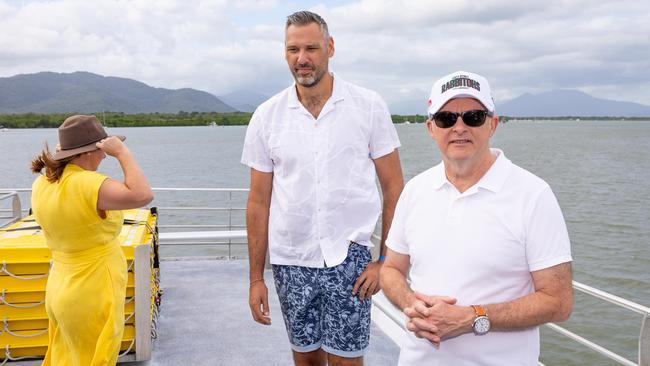
Asked on Thursday whether Australia’s current trade regime with Beijing could hurt chances of a tariff exemption from the US, the Prime Minister said “No”.
“We will speak for ourselves, and we speak for ourselves. And Australia’s position is that free and fair trade is a good thing,” the Prime Minister said.
“Our trade relationship with China is an important one. We have restored in excess of $20bn of trade exports to China where there were impediments.”
Mr Trump’s top trade advisers Peter Navarro – whom The Australian last week revealed was the key figure behind the killing of a potential tariffs deal carving out Australia for the “Liberation Day” round of tariffs last week – and Jamieson Greer have both previously said America and its allies should be tougher on China.
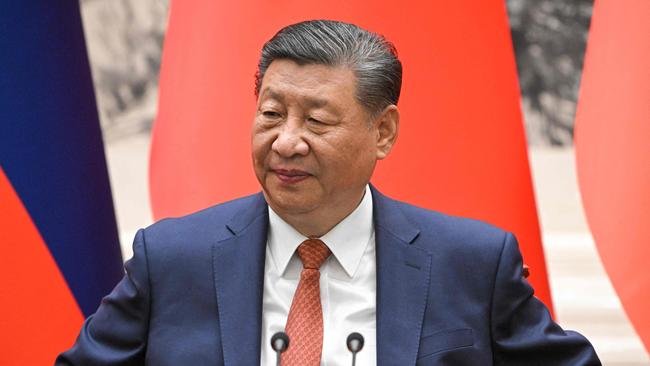
Australian Chamber of Commerce and Industry chief executive Andrew McKellar urged the government not to give into any demands from the Trump administration. “It would certainly not be in Australia’s interest to be in any way contemplating that we would impose trade measures along with the United States,” he said.
“Obviously, (any restriction) would be of concern from Australia’s point of view, China is our No.1 trading partner, and that’s not likely to change any time soon.”
Former ambassador to China Geoff Raby also warned Australia would need to team up with Beijing to mitigate the impact of the tariff crisis.
“The reality is we are going to have to work with China, whether we like it or not, as well as we will work with other regional countries. But other regional countries … have none of the hesitation we have over working with China.”
Mr Dutton also sidestepped Beijing’s call for a united front against Washington, saying only that Australia needed to have “a strong trading relationship with China – it’s in our mutual interest.”
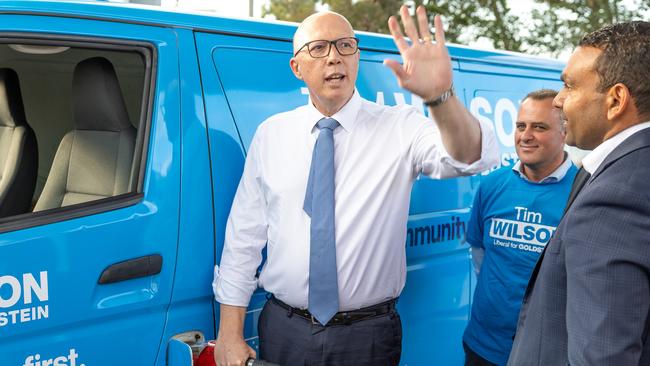
Two-way trade with China is now valued at more than $325bn, well ahead of its next trading partner Japan with $110bn.
Commonwealth Bank chief economist Luke Yeaman said the best thing Australia could do is keep calm. “I don’t see a role or scope to take a restrictive trade stance on China,” he said.
Former Reserve Bank economist Jonathan Kearns said Australia had to be careful not to restrict cheaper redirected imports from China, noting cheaper imports would be deflationary.
“It’s a very difficult situation for Australia to be in but if China wants to export cheaper goods, we unambiguously benefit from that,” Mr Kearns said.
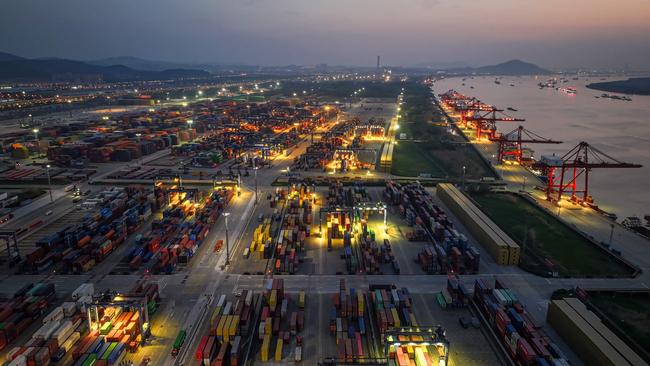
The tariff hit has sent US trading partners, including Australia, scrambling to diversify their trading relationships.
Restarting stalled trade talks on Wednesday night, Trade Minister Don Farrell told his EU counterpart Maros Sefcovic that Australia wants “commercially meaningful access” to the European market for agricultural exports.
“We are keen to seriously get back to the table and find a path to progress a deal that would be good for Australia and the EU,” Senator Farrell said. “We have agreed to talk again soon after the election.”
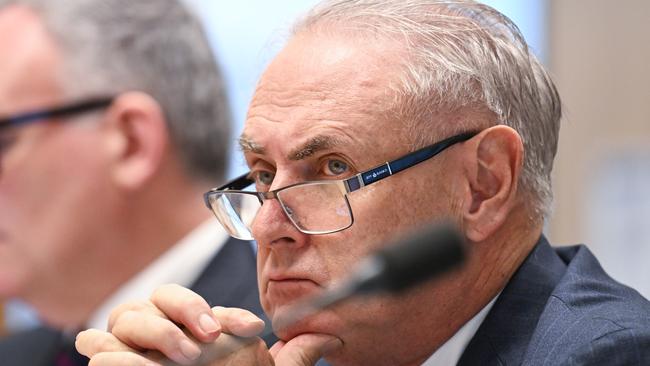
The Coalition on Thursday confirmed that Labor had not consulted it about the reopening of trade talks overnight between Senator Farrell and the EU, raising questions about whether the government had breached the caretaker provisions of the campaign.
A Labor campaign spokesperson said Senator Farrell had acted in accordance with caretaker conventions.
“In a time of global uncertainty, the Australian community expects the government to communicate with our international partners,” the spokesperson said.
“This is completely in line with caretaker conventions.
“The former Morrison government failed to manage Australia’s international standing, something that we should never repeat.
“We consider our international relationships vital to building Australia’s future.”
Chinese Commerce Minister Wang Wentao also had talks with Mr Sefcovic on boosting two-way trade and investment, and had a video call with Malaysian Trade Minister Tengku Zafrul Abdul Aziz on China-ASEAN links.
“The so-called reciprocal tariffs imposed by the US completely disregard the balanced outcomes achieved through years of multilateral trade negotiations and turn a blind eye to the fact that the US has long reaped enormous benefits from international trade,” Mr Wang said.
“These measures severely undermine the legitimate rights and interests of all parties, including China and ASEAN countries, representing a typical act of unilateral bullying.”



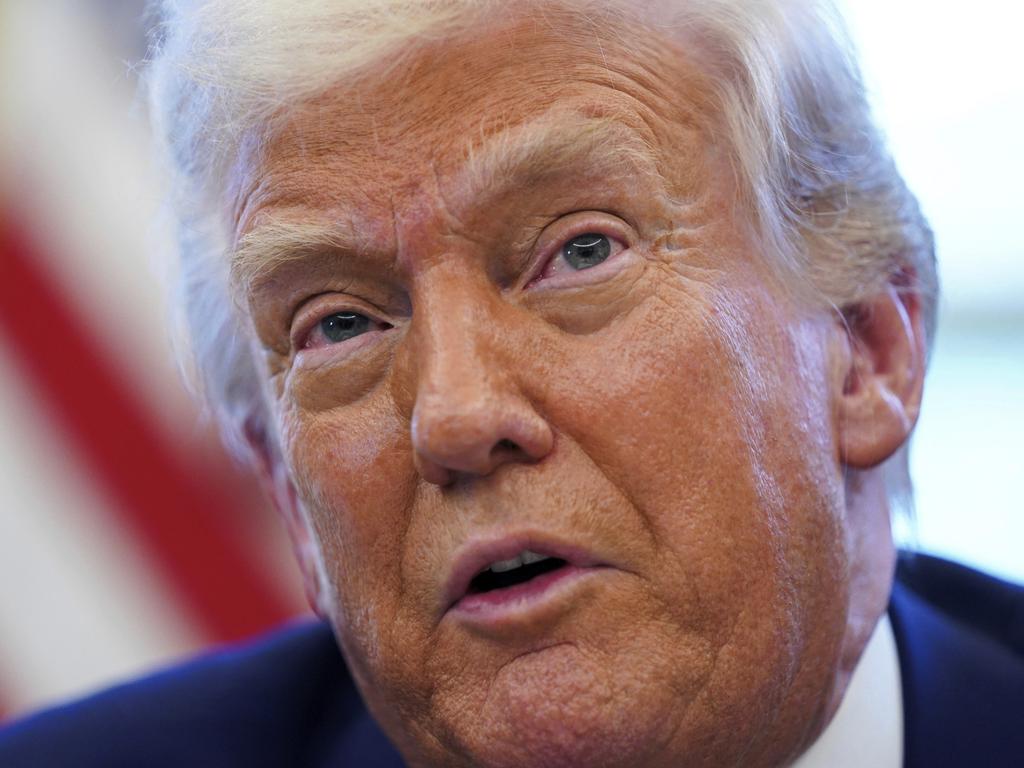
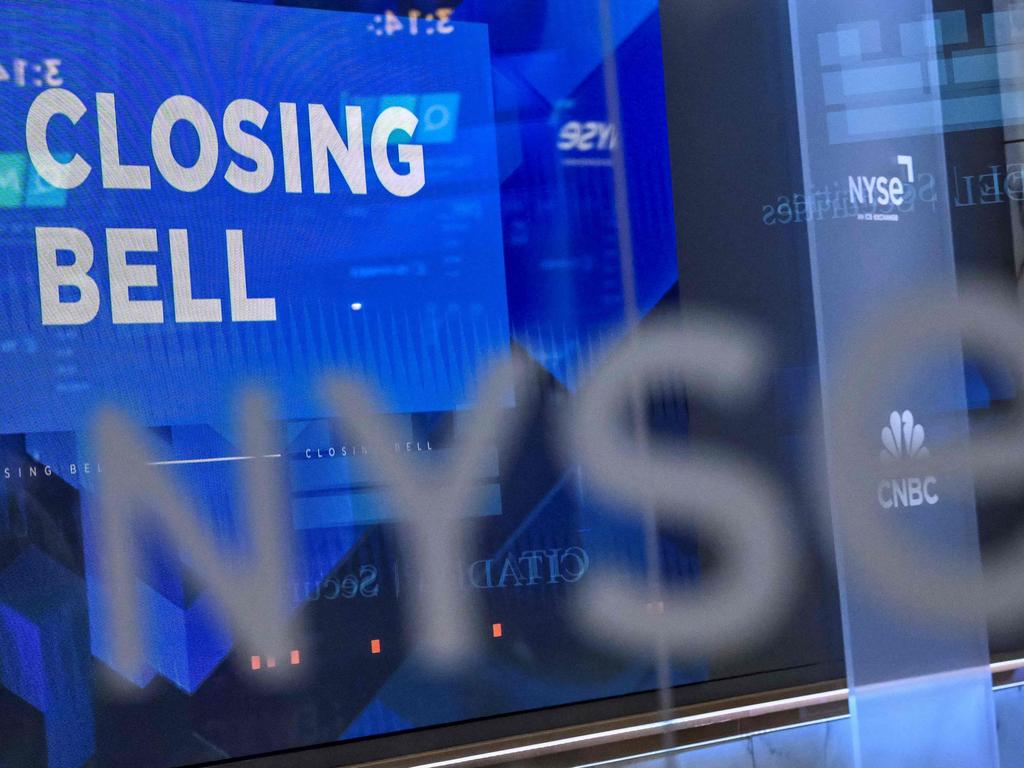
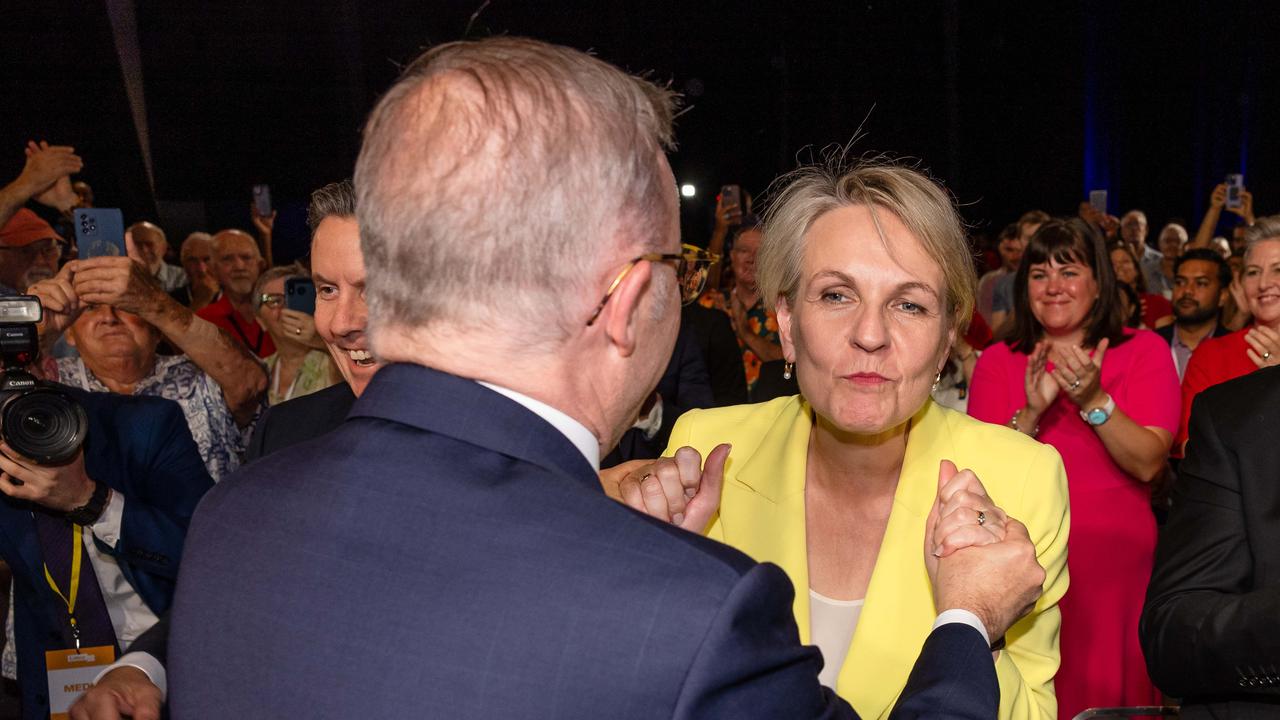
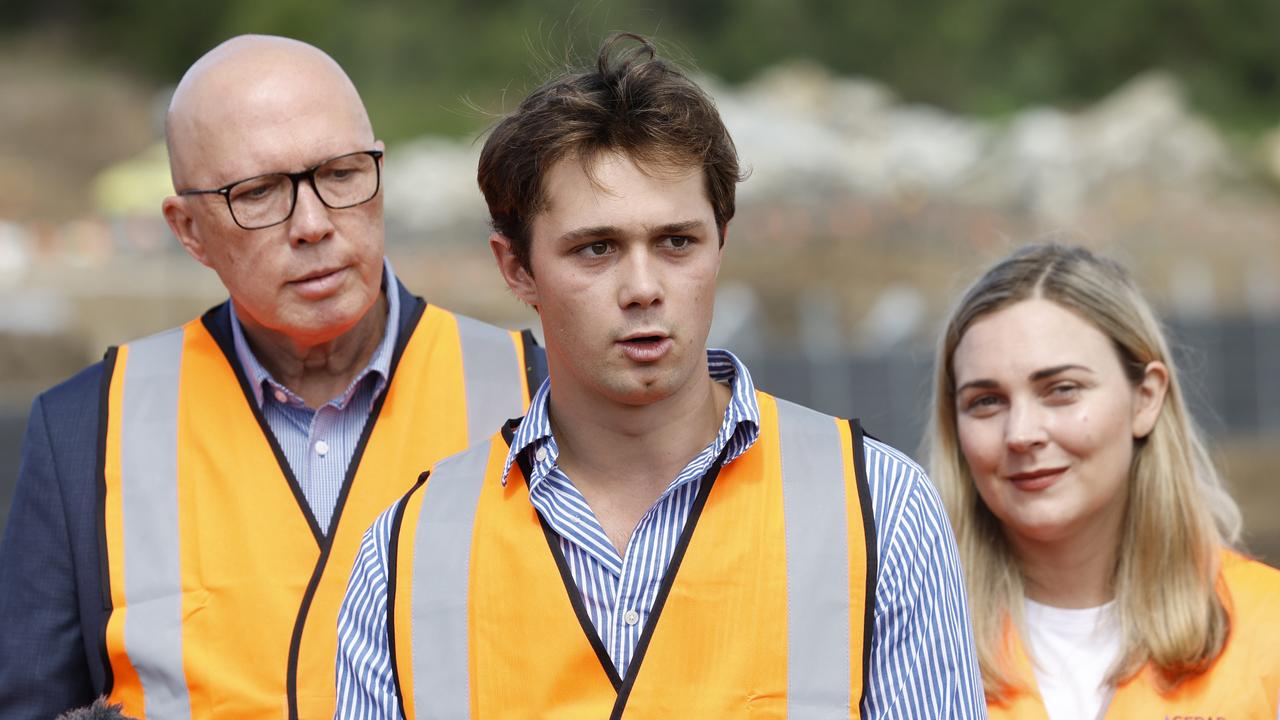
To join the conversation, please log in. Don't have an account? Register
Join the conversation, you are commenting as Logout